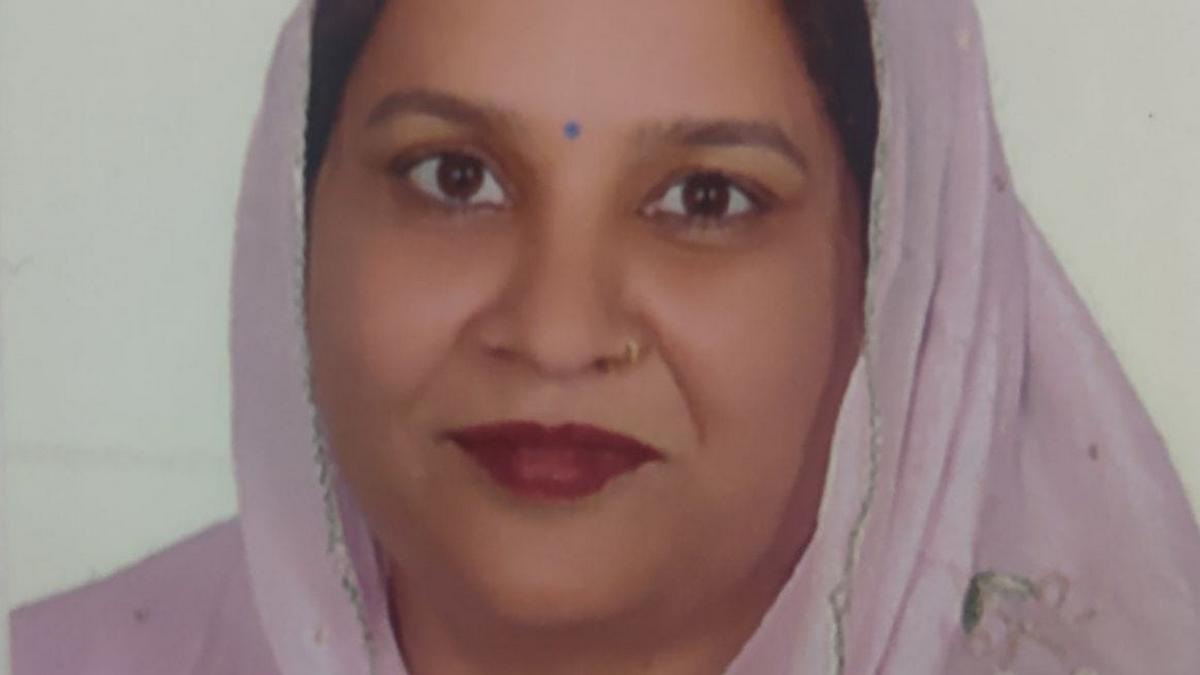) |
|
The recent Delhi Assembly elections resulted in a resounding victory for the Bharatiya Janata Party (BJP), securing a comfortable majority after nearly three decades out of power. This victory has ignited intense speculation regarding the identity of the next Chief Minister, with a significant focus on the possibility of a woman assuming the role. The BJP's success saw them win 48 out of 70 seats, leaving the Aam Aadmi Party (AAP) with a significantly reduced 22 seats. This dramatic shift in power dynamics has set the stage for a fascinating political development, particularly given the prominent discussion surrounding the potential appointment of a female Chief Minister.
Several women MLAs elected under the BJP banner are being considered as potential candidates. These include Neelam Pahalwan, Rekha Gupta, Poonam Sharma, and Shikha Roy. Each woman brings a unique background and experience to the table. Neelam Pahalwan, the first woman MLA from Najafgarh, boasts a Master's degree in English and a significant net worth. Her victory was celebrated as a triumph of development for the Najafgarh area. Rekha Gupta, the national vice president of the BJP Mahila Morcha, has a long and established career in politics, starting with the Akhil Bharatiya Vidyarthi Parishad (ABVP) in 1992 and culminating in her current position. She also holds a law degree. Poonam Sharma, a self-employed individual, secured her seat in Wazirpur. Finally, Shikha Roy, a two-time BJP councillor and former chair of the standing committee in the Municipal Corporation of Delhi, brings extensive local government experience to the table.
Beyond these newly elected MLAs, other prominent women within the BJP are also being considered. These include Smriti Irani, a former Union Minister, and Bansuri Swaraj, daughter of the late Sushma Swaraj, a highly respected figure in Indian politics. Irani's experience at the national level could bring a different dynamic to the role, while Bansuri Swaraj's political lineage and legal background lend significant weight to her potential candidacy. The choice between these individuals highlights the diverse pool of experienced and capable women within the BJP, representing different generations and styles of leadership. The decision facing the BJP will undoubtedly weigh several factors, including experience, political alliances, and electability.
The selection process will likely involve intense internal negotiations and deliberations within the BJP. The party will need to consider not only the individual strengths of each candidate but also their potential appeal to the broader electorate. Factors such as regional representation, community ties, and public image will all play a crucial role in determining the final decision. The next Chief Minister's appointment will have significant implications for the future direction of Delhi's political landscape and will serve as a major indicator of the BJP's priorities for the coming years. The choice represents more than just a leadership appointment; it reflects the party’s approach to governance, representation, and its vision for Delhi’s future. The decision-making process will therefore be carefully scrutinized by both political analysts and the public alike.
The unprecedented focus on the possibility of a female Chief Minister underscores the evolving role of women in Indian politics. The potential selection of any of these women would mark a significant milestone, reflecting the growing recognition of women's leadership and their contributions to governance. Regardless of who is ultimately chosen, the event will undoubtedly shape future political discourse, possibly encouraging greater inclusivity and representation in political leadership across India. The intense speculation highlights the broader narrative of women's increasing presence and influence in the political landscape, potentially influencing future electoral cycles and inspiring aspiring female leaders across the nation. The selection process itself will be a pivotal moment for the BJP and the nation, signaling a shift in political dynamics and setting the tone for future political appointments.
